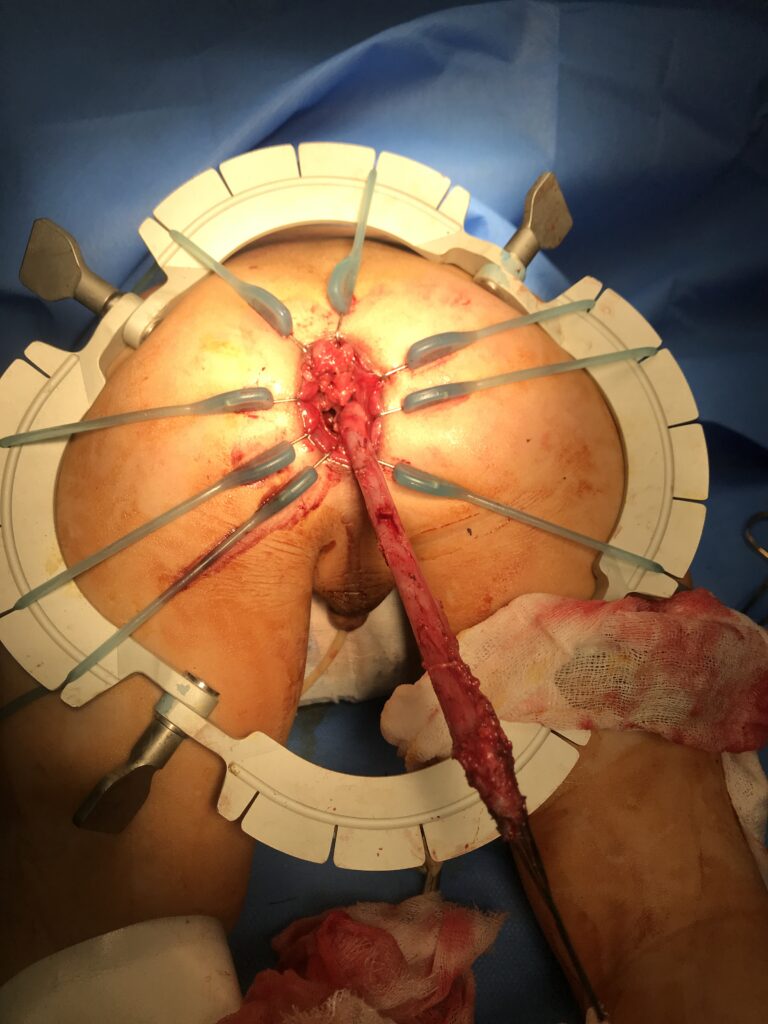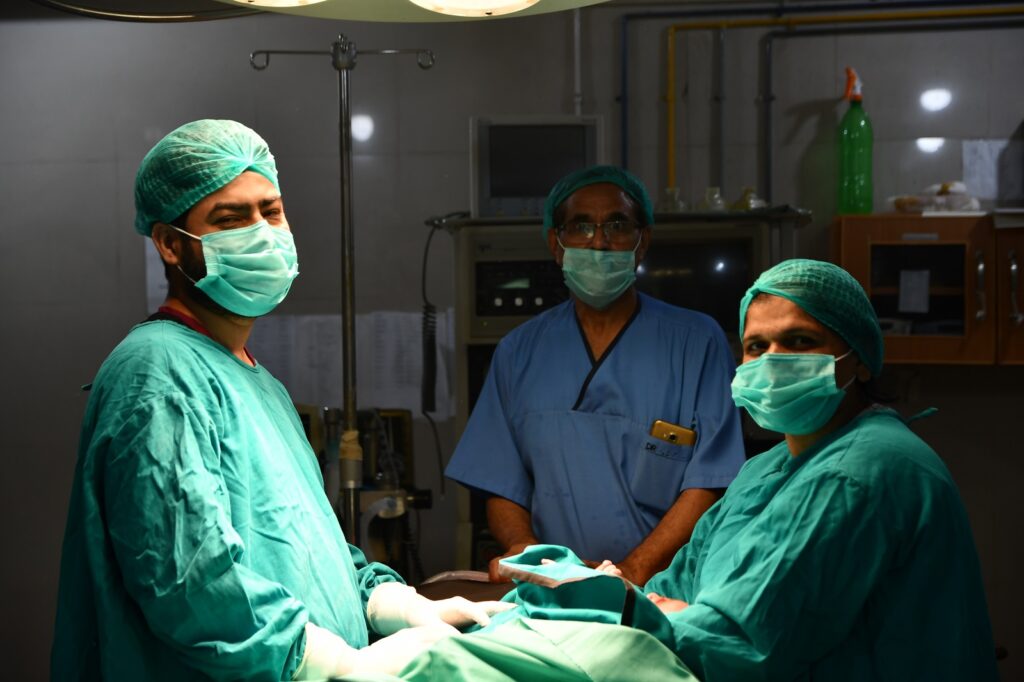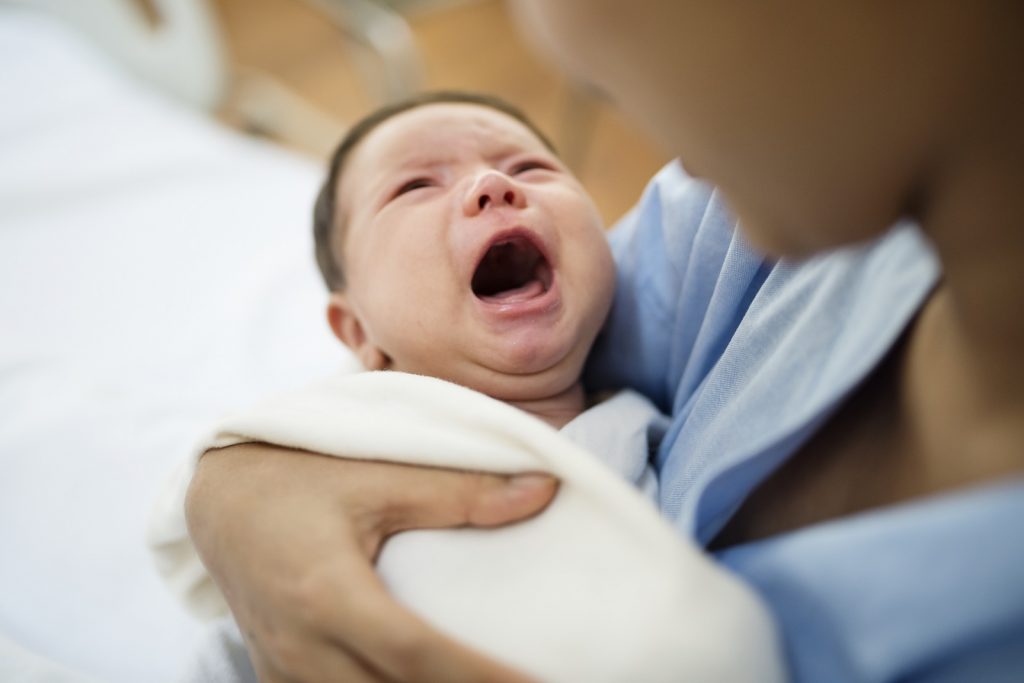How to Prevent Hirschsprung’s Disease: A Guide For Parents
Hirschsprung’s disease is a rare, congenital condition that affects the large intestine. It occurs in approximately 1 out of every 5000 live births and may be more common in males than females. Because it is a rare disorder, it is often difficult to diagnose Hirschsprung’s Disease early. That’s why prevention is so important. Here are some tips to help you prevent Hirschsprung’s Disease from happening to your child or loved one.
Symptoms of Hirschsprung’s Disease
The symptoms of Hirschsprung’s Disease can range from mild to severe. The most common symptoms are abdominal pain, vomiting, and constipation. Other symptoms may include high fever, poor feeding, and a distended abdomen.
Your doctor will examine your child and do a rectal exam to check for unusual signs in the anus. They will also test fecal samples for signs of intestinal infection or inflammation. Blood tests may be taken to measure levels of stool-related enzymes in the blood and determine if they are too high or low.
If your doctor suspects Hirschsprung’s Disease, they will need to remove a sample of tissue from the rectum with an instrument called a proctoscope. This is done in order to evaluate the extent of damage that has been done by the disease and determine if surgery is needed.
Diagnosis
It is important to make an accurate diagnosis when you suspect Hirschsprung’s Disease in a child or loved one. The condition can be difficult to detect in children and adults, and the disease progresses quickly in some people if not diagnosed and treated soon enough.
A doctor may order several tests before reaching a diagnosis. These include:
- A rectal exam
- An ultrasound of the abdomen
- An X-ray of the child’s intestines
- Blood tests
What to do if you have symptoms?
If you or your child has symptoms of Hirschsprung’s Disease, it’s important to see a doctor right away. The sooner the diagnosis is made, the more likely it is that your child will have a normal life expectancy and won’t need any bowel surgery.
Some of the most common symptoms of Hirschsprung’s Disease are:
- Constipation
- Internal abdominal pain
- Bowel movements that are difficult to flush away
- Having an enema before going to school
- Straining to pass a bowel movement
- Passing a hard stool with streaks of blood or mucus on toilet paper
Treatment Options
The treatment for Hirschsprung’s Disease varies depending on the severity of the symptoms. For mild cases, children may be monitored with intermittent testing until they are old enough to have surgery.
Surgery is the primary treatment for severe cases, and it usually consists of removing the portion of the large intestine that does not have nerve cells. This surgery can be done in two ways: pull-through or pull out.
Pull through surgery involves pulling the intestine up over a stent that will allow it to heal. Pull-out surgery removes all diseased portions of intestine and replaces them with healthy tissue. The latter option is often better because it allows for greater healing without complications like an obstruction caused by pulling through surgery.
What Happens After Surgery?
Hirschsprung’s disease can be treated in a number of ways, and one of the most common treatments is surgery. The goal in surgery is to remove the part of the intestine that has been blocked by scar tissue and reconnect it with the rectum so it can empty waste.
After the surgery, there may be some temporary changes to your child’s bowel habits. This is because their system needs time to adjust to its new condition. In some cases, this adjustment period can take up to two years. Thankfully, new medications have been developed that minimize these post-surgery symptoms and ease your child back into normal life.
In some cases, a feeding tube may be needed following surgery for a child who cannot eat on their own. It will help them consume nutrients until they can eat independently again.
The good news is that Hirschsprung’s Disease is curable with surgery. However, if your child does not receive treatment before becoming potty trained, they could develop an infection from not being able to empty their bowels completely when they go to the bathroom. In some cases, this results in fecal incontinence or constipation among other issues later on in life – including emergencies from blocked bow
Risk factors
The most common risk factor for Hirschsprung’s Disease is an intestinal blockage that occurs in utero. This is called meconium ileus. Symptoms of meconium ileus are usually not visible at birth, but can be seen on x-rays.
Another risk factor for Hirschsprung’s Disease is a family history of the disorder. If your baby has a parent or sibling with the disease, there is a higher chance they will also have it.
A third risk factor is Down syndrome, which occurs when an individual has three copies of chromosome 21 instead of two copies. Other conditions associated with Down Syndrome include developmental delay, hearing loss and dental issues.
Complications
One of the most serious complications of Hirschsprung’s Disease is malnutrition. When the bowel doesn’t function properly and food isn’t able to be digested and absorbed, a child may experience stunted growth and weight loss.
Another type of complication is an intestinal obstruction which can cause abdominal pain, vomiting, and serious weight loss. It can also lead to peritonitis, which is inflammation of the lining of the abdomen.
The most common complication that comes with Hirschsprung’s Disease is enterocolitis. Enterocolitis occurs when the intestines are inflamed. This can cause abdominal pain and bloody stools.
Prevention
There are three ways to help prevent Hirschsprung’s Disease: prenatal screening before birth, surgical removal of the section of intestine with abnormal nerve cells, and medications used for constipation or high levels of stool acidity.
Conclusion
Hirschsprung’s Disease is a birth defect of the colon. If not treated, it can lead to life-threatening complications such as an infection of the bowel and sepsis. Hirschsprung’s Disease is treatable with surgery. It is important to know the risk factors and complications, and to diagnose the condition as early as possible.



